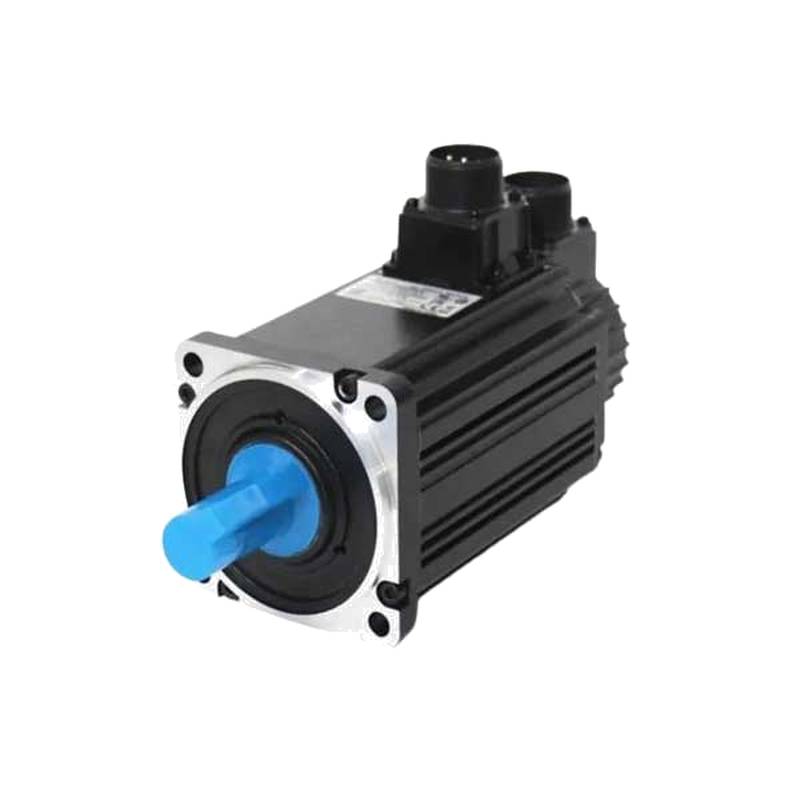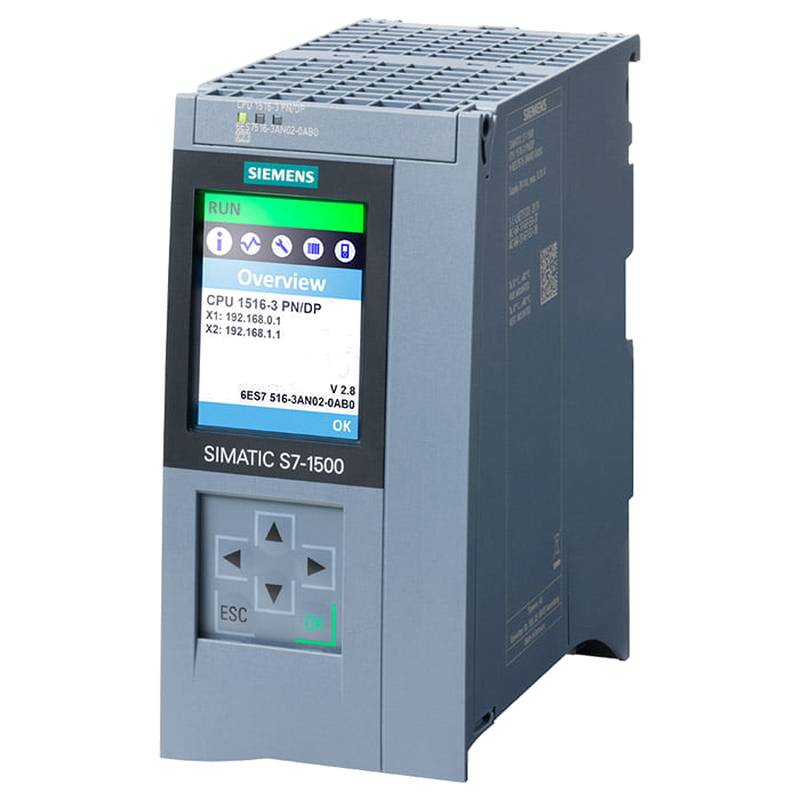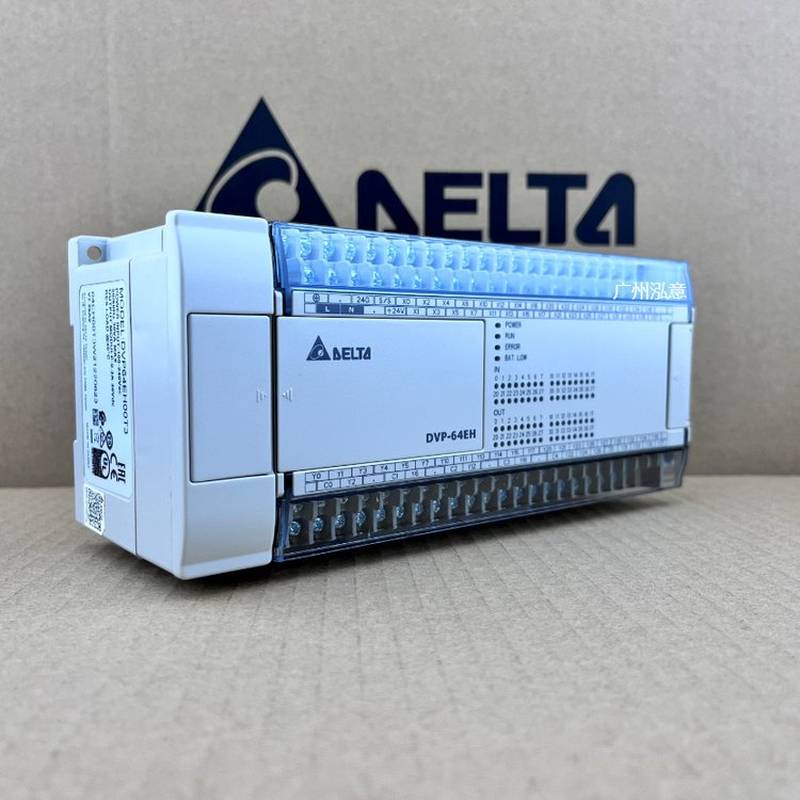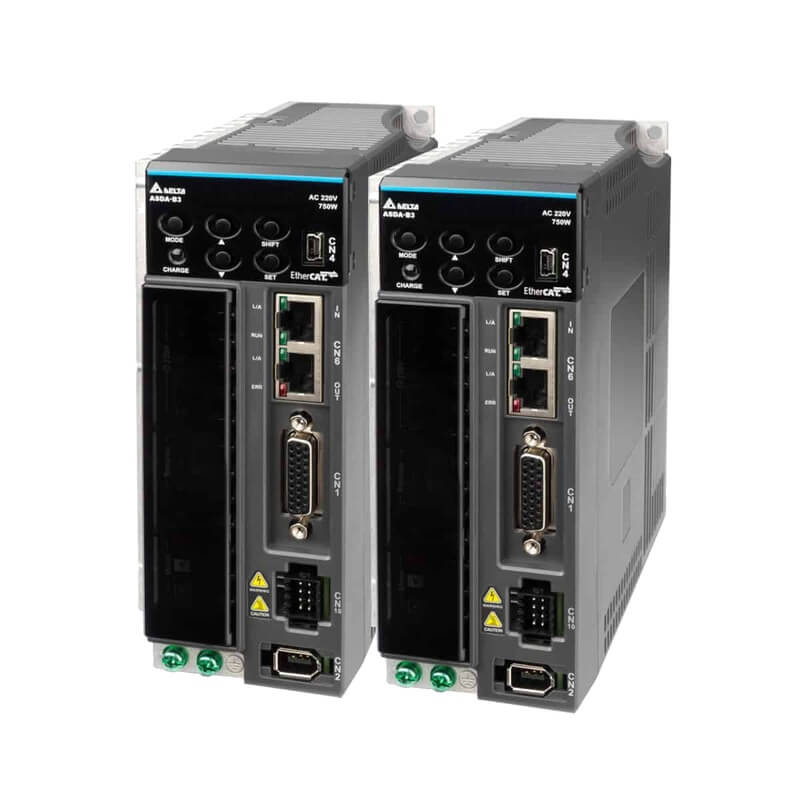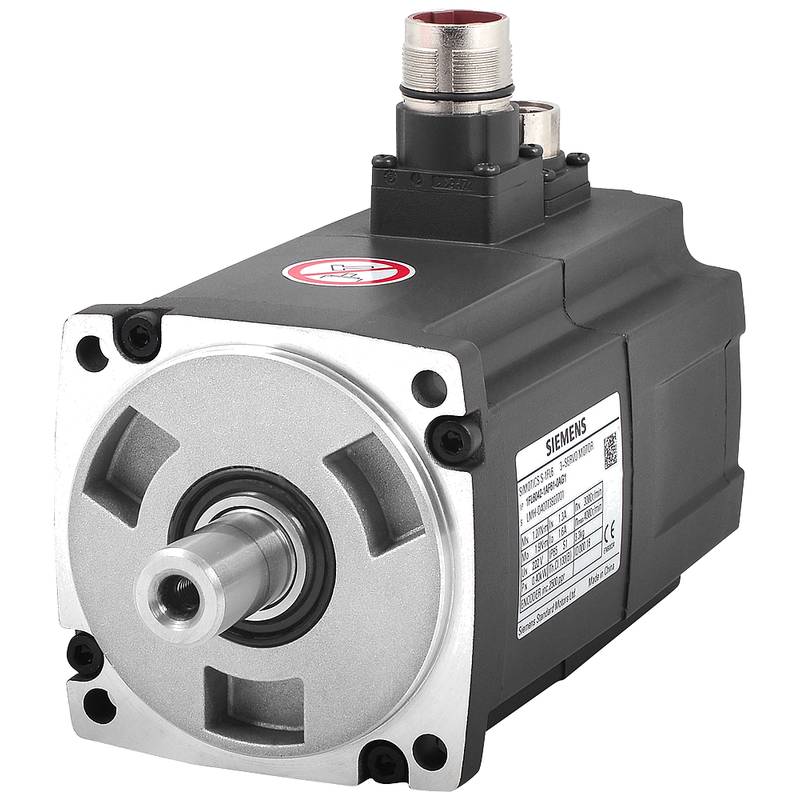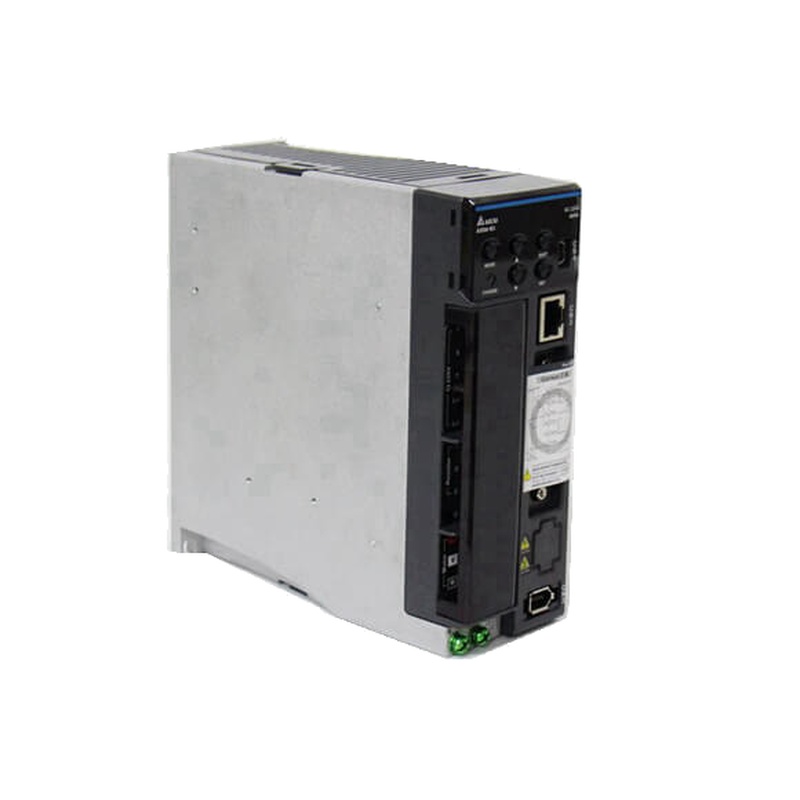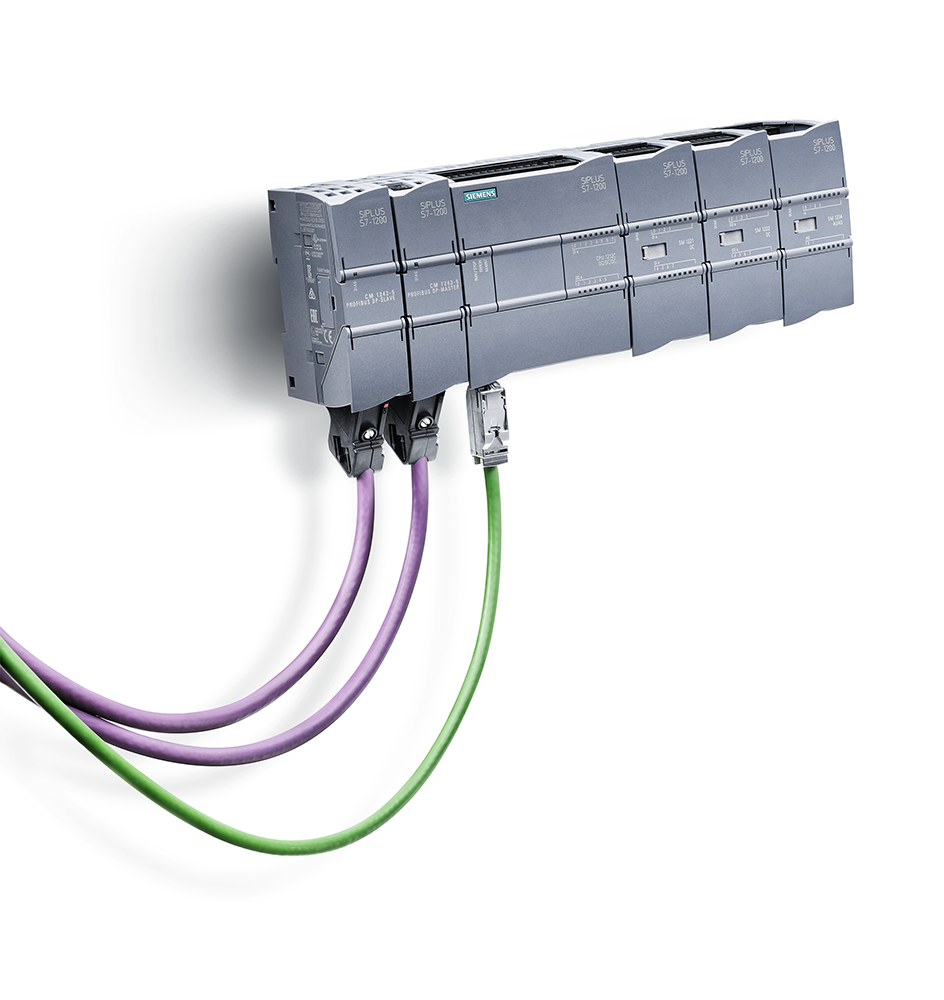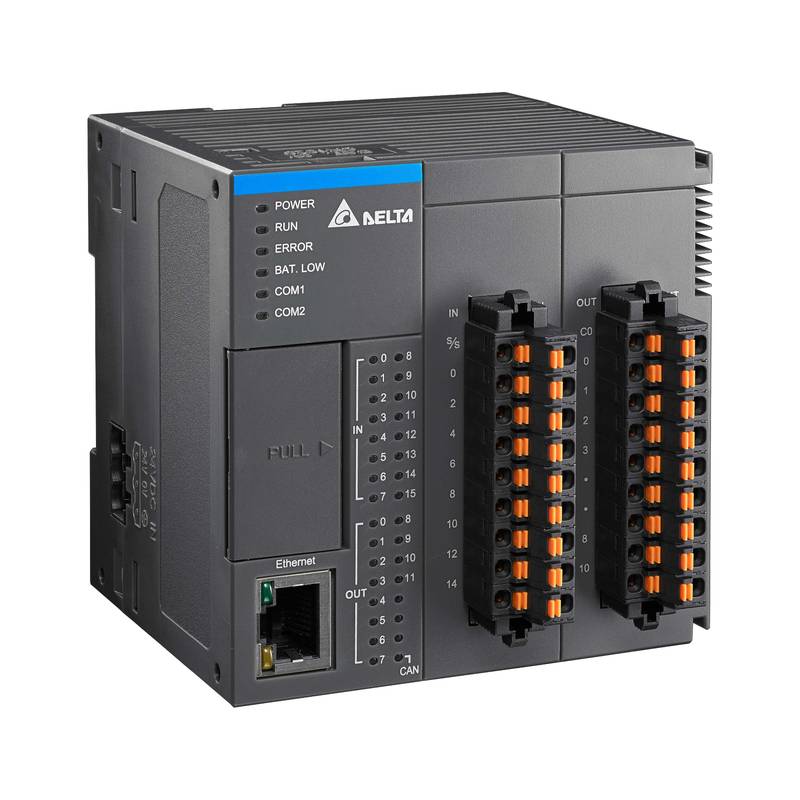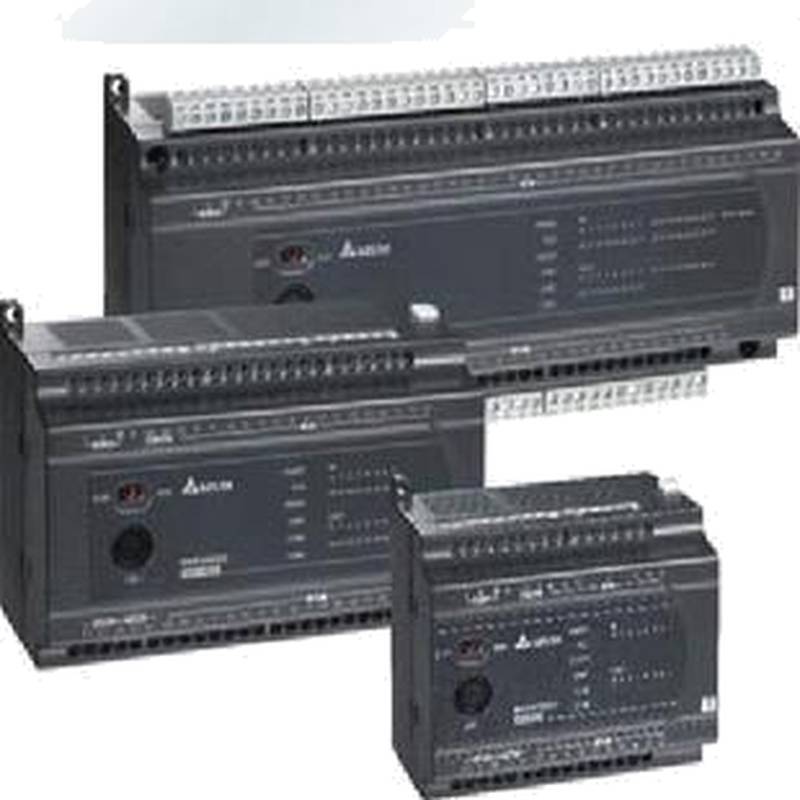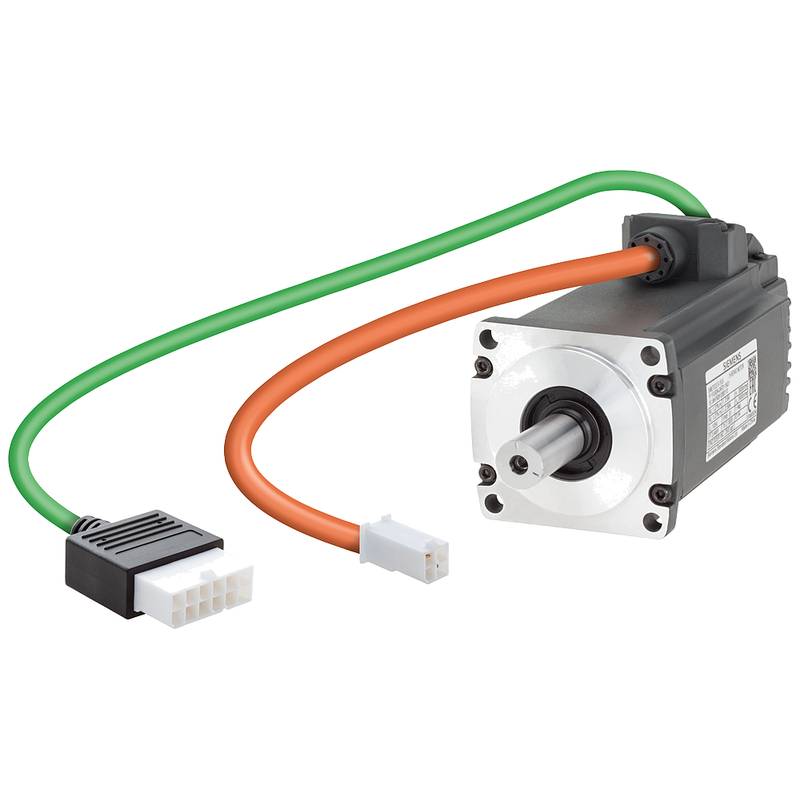
The Delta ECM-B3H-FA1308RS1 Low Inertia Servo Motor is engineered for high-speed, high-precision motion control applications demanding rapid acceleration and deceleration. Its low inertia design significantly enhances dynamic performance, making it ideal for industries requiring exceptional responsiveness and accuracy. Key advantages include superior torque density, efficient operation, and robust construction for demanding industrial environments. Crucial technical parameters highlight its 1kW rated power, 200V class voltage, and a compact frame size, ensuring it fits seamlessly into various machinery designs.
Product Specifications
| Parameter | Value |
| :------------------ | :----------------- |
| Model | ECM-B3H-FA1308RS1 |
| Rated Power | 1 kW |
| Voltage Class | 200V |
| Frame Size | 130 mm |
| Motor Type | Low Inertia Servo |
| Encoder Resolution | 20-bit (Incremental) |
| Brake | Yes (Standard) |
| Protection Rating | IP65 |
| Insulation Class | Class F |
Core Features & Market Positioning
The Delta ECM-B3H-FA1308RS1 distinguishes itself through its advanced low inertia rotor construction, which dramatically reduces the rotor's mass moment of inertia. This characteristic is paramount for applications requiring extremely fast transient responses, such as in semiconductor manufacturing, precision assembly lines, and high-speed packaging machinery. Unlike higher inertia motors, the ECM-B3H-FA1308RS1 allows for quicker changes in speed and direction, directly translating to increased throughput and improved product quality. Its market positioning is firmly in the high-performance, precision automation sector, competing on responsiveness, reliability, and seamless integration with Delta's broader automation ecosystem. The inclusion of a standard brake ensures holding torque capabilities, adding another layer of operational safety and versatility.
Key Application Scenarios
This low inertia servo motor excels in demanding applications where rapid and precise movements are critical. It is a prime candidate for robotic end-effectors requiring agile manipulation, high-speed pick-and-place operations in electronics manufacturing, and the precise positioning of optical components in imaging systems. Furthermore, its dynamic performance is highly beneficial in automated material handling, where quick acceleration and deceleration cycles are essential for maximizing throughput. The ECM-B3H-FA1308RS1 is also well-suited for CNC machining centers that rely on rapid tool changes and intricate contouring, ensuring minimal lag and maximum machining efficiency.
Practical System Integration Guidance
Integrating the Delta ECM-B3H-FA1308RS1 servo motor into existing systems involves careful consideration of its power and control requirements. It is designed to interface seamlessly with Delta's ASD-B3 series servo drives, ensuring optimal performance and simplified setup. The motor features a standard 20-bit incremental encoder, providing high-resolution feedback for precise position and velocity control. Wiring typically involves a power cable for motor phases and a separate encoder cable. Proper grounding and shielding are essential to mitigate electromagnetic interference (EMI) in high-speed applications. Commissioning often involves configuring motor parameters within the servo drive, such as inertia, current limits, and control loop gains, to match the specific load characteristics.
Operation and Risk Mitigation
Safe and efficient operation of the Delta ECM-B3H-FA1308RS1 servo motor necessitates adherence to operational guidelines and understanding potential fault conditions. The integrated brake provides a failsafe mechanism, engaging automatically when power is removed to prevent unexpected motion, which is crucial in environments with human proximity. Users should ensure the motor operates within its specified voltage (200V class) and environmental ratings (IP65). Common troubleshooting may involve checking encoder connections for signal integrity and verifying that the servo drive is correctly tuned to the motor's inertia. Referencing the servo drive's manual for specific error codes, such as overcurrent (e.g., ALM 001) or encoder faults (e.g., ALM 021), is critical for prompt issue resolution.
Scalability & Long-Term Value
The Delta ECM-B3H-FA1308RS1 servo motor offers significant long-term value through its compatibility with Delta's expanding automation portfolio and its inherent durability. As part of Delta's integrated solutions, it can be readily incorporated into larger IIoT-enabled systems, allowing for remote monitoring, predictive maintenance, and advanced data analytics. Its robust construction and Class F insulation class contribute to a long operational lifespan, minimizing downtime and replacement costs. For applications requiring increased performance or different form factors, Delta offers a wide range of servo motors and drives, ensuring a clear upgrade path and consistent technological progression without requiring a complete system overhaul.
Frequently Asked Questions (FAQs)
What is the primary advantage of a low inertia servo motor like the ECM-B3H-FA1308RS1?
Low inertia means less mass in the rotor. This allows for much faster acceleration and deceleration.
The motor can change speed and direction rapidly. This significantly boosts machine throughput.
Applications needing quick, precise movements benefit greatly from this design.
How does the 20-bit encoder on the ECM-B3H-FA1308RS1 enhance performance?
A 20-bit encoder provides very high resolution. This translates to superior positional accuracy.
It allows for finer control over motor movements. This is critical for precision tasks.
High resolution ensures smooth operation and reduces vibration.
Can the ECM-B3H-FA1308RS1 be used in dusty or wet industrial environments?
Yes, the motor features an IP65 protection rating. This means it is dust-tight and protected against water jets.
It is designed to withstand challenging conditions. This ensures reliable operation in harsh settings.
Proper sealing prevents ingress of contaminants.
What type of servo drive is recommended for the ECM-B3H-FA1308RS1?
Delta's ASD-B3 series servo drives are recommended. They offer seamless integration.
These drives are optimized for Delta servo motors. This ensures peak performance.
Using compatible drives simplifies setup and tuning.
What does the "Brake" specification mean for this motor?
The motor includes a built-in mechanical brake. This brake engages when power is off.
It holds the motor shaft in position. This is a safety feature against gravity or load.
The brake is standard and adds holding torque capability.
How do I wire the ECM-B3H-FA1308RS1 servo motor?
Connect the power cable to the drive and motor. This is for motor phase connections.
Connect the encoder cable separately to the drive. This transmits feedback signals.
Ensure proper grounding and shielding for signal integrity.
What are common fault codes for this motor and its drive?
Check the servo drive's manual for specific codes. Common issues include overcurrent (e.g., ALM 001).
Encoder connection issues can trigger specific alarms. For example, ALM 021 for encoder faults.
Consulting the drive's manual is key for diagnostics.
Is the ECM-B3H-FA1308RS1 suitable for robotics?
Yes, its low inertia is ideal for robotic arms. It allows for fast, agile movements.
High precision is crucial for robotic manipulation. The encoder supports this.
It can handle rapid pick-and-place tasks efficiently.
What is the voltage class of the ECM-B3H-FA1308RS1?
The motor is rated for the 200V class. Ensure your power supply matches this.
Using the correct voltage is vital for performance. It also prevents damage.
This voltage rating is common in many automation systems.
How does low inertia compare to high inertia in servo motors?
Low inertia means faster response times. It's better for dynamic applications.
High inertia motors have more mass. They are slower to accelerate and decelerate.
The ECM-B3H-FA1308RS1 is optimized for speed and agility.














